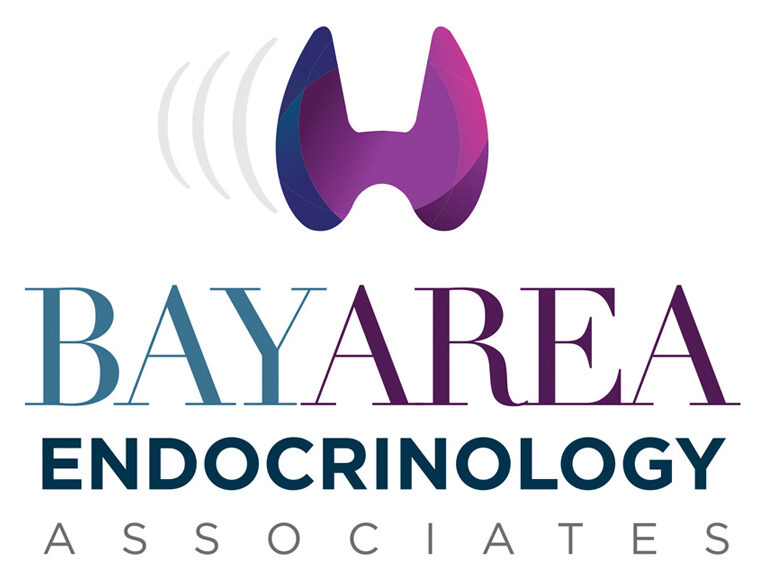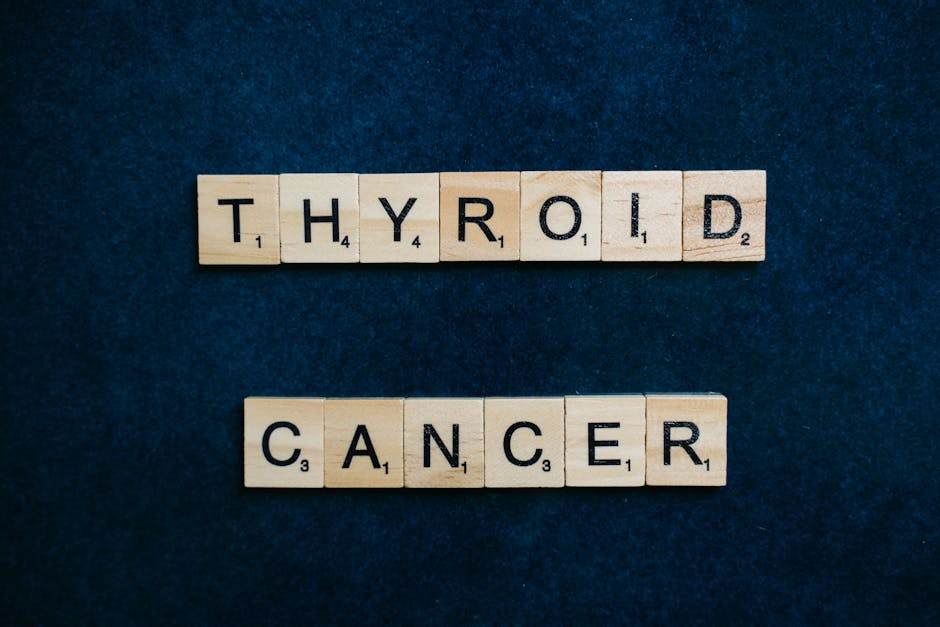In the United States, thyroid disease affects an estimated 20 million people. Issues with your energy levels, sleep, and appetite are all common when this gland is not functioning properly. This vital hormone gland plays a critical role in ensuring that multiple body functions are regulated. If you are having symptoms that indicate a thyroid issue, it is important to understand the tests that your doctor may recommend and why they are important so that you can take an active role in your health.
Hyperthyroidism and Hypothyroidism
If any blood tests are abnormal, it could indicate that your gland is either overactive (hyperthyroidism) or underactive (hypothyroidism). Both of these conditions require medical treatment due to the impact that they have on your health and daily living.
With hypothyroidism, your body sort of just slows down due to not getting adequate amounts of hormones from the gland. This can result in symptoms, such as:
-Fatigue
-Constipation
-Brain fog
-Weight gain
-Dry hair and skin
-Digestive issues
On the other hand, with hyperthyroidism, your body is essentially sped up. This can occur when your body is not getting the proper balance of hormones that this gland produces. With hyperthyroidism, symptoms can include:
-Nervousness and anxiety
-Weight loss
-Shaking
-Feeling overheated or too hot
-Hair loss
-Irregular menstrual cycles
-Hyperactivity
For some people, this gland is just overactive or underactive. However, for others, one of these issues stems from a different medical problem. For example, people with Graves’ disease often have hyperthyroidism, and those with Hashimoto’s disease experience hypothyroidism.
In the US, hypothyroidism is the most common of these issues. However, it is possible for someone to be overactive at some point in life and then become underactive, and vice versa. Because of the complexities of this gland and the hormones that it produces, it is critical to work with an experienced doctor for a diagnosis and proper treatment.
Free T4 Test
The free T4 test looks at levels of thyroxine hormone in your blood. Whether there is too little or too much this indicates that this gland is not functioning properly. If your thyroid-stimulating hormone (TSH) levels are abnormal, your doctor might recommend a free T4 test.
In adults, the normal range for this test is 0.8 to 1.8 ng/dL. If your levels are too high, this could indicate hyperthyroidism. When levels are too low, this could mean that you have hypothyroidism.
To test your free T4 levels, your doctor will obtain a blood sample. You do not have to do any special preparation for this test. However, since certain factors can affect your results, make sure that your doctor knows about your medical and medication histories. For example, the medication phenobarbital and conditions, such as cirrhosis of the liver and chronic renal failure, may alter your results.
Free T3 Test
The free T3 test is used to look at the levels of the triiodothyronine hormone levels in your blood. In most cases, this test is recommended when your doctor suspects hyperthyroidism. Your endocrinologist will likely order this test along with TSH and free T4 tests.
In adults, the normal range for this test is 0.2 to 0.5 ng/dL. If your doctor does abound T3 along with a free T3, the normal range is 75 to 195 ng/dL,
A blood sample is necessary to test your free T3 levels. You do not need to do anything special to prepare for this test. However, it is important that your doctor is aware of your medication and medical history since there are some things that could affect your results. For example, eating a lot of foods high in iodine, or taking methadone or estrogen can alter your test results.
Reverse T3 Test
The reverse T3 blood test looks at the inactive form of the triiodothyronine (T3) hormone. If your body is under a lot of stress, this can trigger the production of reverse T3. For example, a serious injury, insulin-dependent diabetes, malnutrition and kidney or liver disease.
Your doctor will draw some blood to test your reverse T3 levels. In many cases, if they are testing your reverse T3 levels, they will also order a free T4 test since the metabolism of T4 is what produces reverse T3.
Your test results are considered normal when they range from 10 to 24 ng/dL. There is no special preparation before this blood test. If your levels are too high, this could indicate that you have hypothyroidism.
Healthy thyroid function is critical for both health and general well-being. If you are having symptoms that indicate an issue with this gland, talk to your doctor about having testing performed. The endocrinologists at Bay Area Endocrinology Associates offer multiple locations throughout Tampa to ensure convenient access when you need it.







